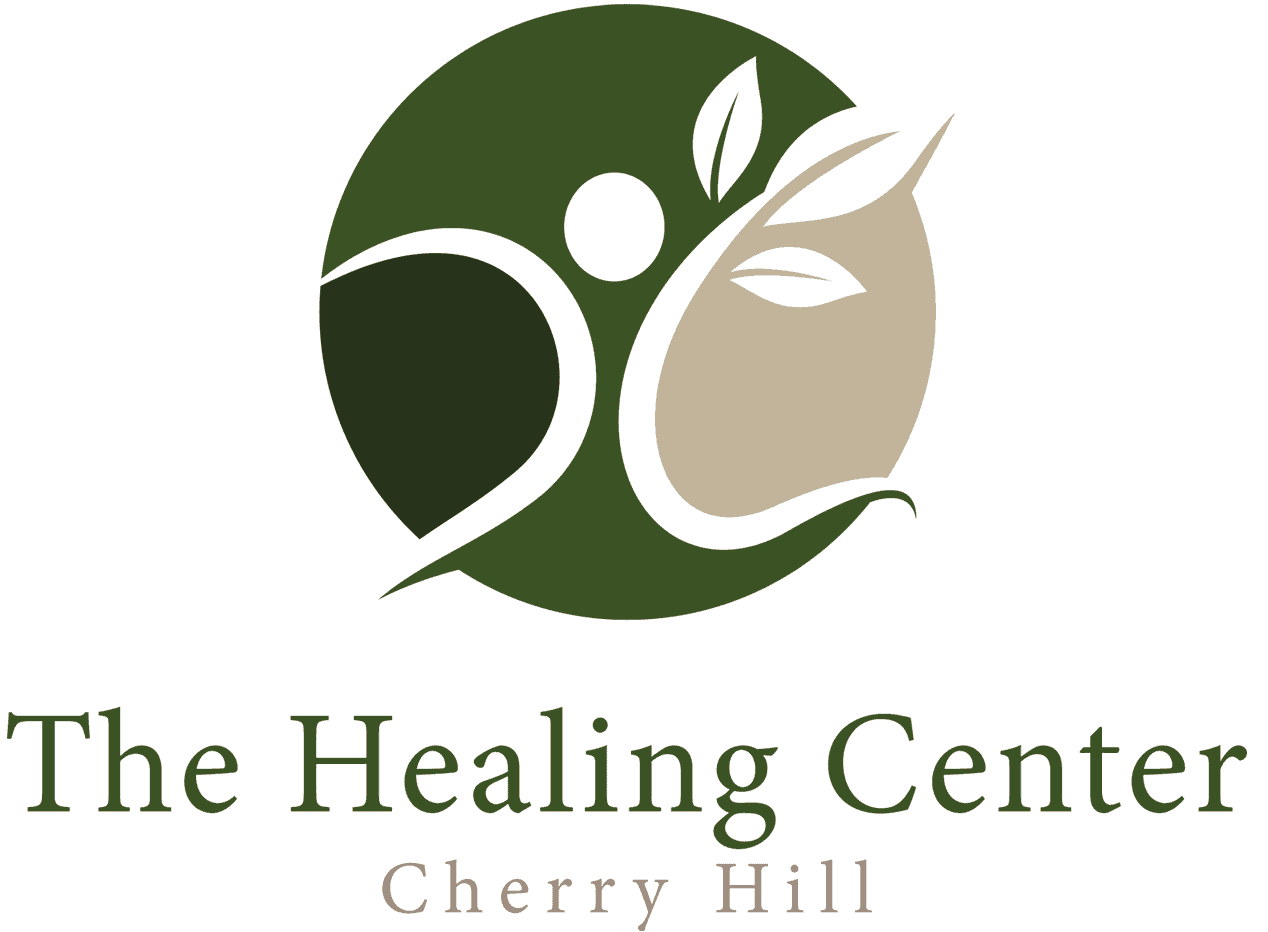Addiction is a medical condition that involves the compulsive use of drugs or alcohol despite adverse consequences. Addiction can disrupt lives, damage relationships, and affect overall well-being. Seeking treatment is a critical step toward recovery, and numerous programs are designed to help individuals regain control of their lives. Typically, these programs fall into two categories: inpatient and outpatient addiction treatment. Understanding the differences between these options can help you decide which path is right for you or your loved one.
How Addiction Treatment Works – The Different Program Options Available
Addiction treatment is a comprehensive process that involves multiple stages and modalities. The primary goal is to help individuals overcome their dependence on substances and to support long-term recovery. Treatment begins with an assessment, where healthcare professionals evaluate the severity of the addiction and develop a personalized treatment plan. This plan may include detoxification, therapy, counseling, medication, and aftercare support.
Typical Treatment Options
Detoxification: This is often the first step in addiction treatment, involving the removal of harmful substances from the body. During detox, medical professionals can offer support to manage withdrawal symptoms, making the process safer and more comfortable. Seven Arrows Recovery also prioritizes holistic treatment during the detox phase to aid in additional healing.
Therapy and Counseling: These are crucial components of addiction treatment. Individual therapy, group therapy, and family counseling can help address the psychological aspects of addiction and teach coping strategies for maintaining sobriety.
Medication-Assisted Treatment (MAT): For some individuals, medications can be used to manage withdrawal symptoms, reduce cravings, or treat co-occurring mental health conditions. This is also known as medication assisted treatment.
Aftercare Programs: Recovery doesn’t end with the initial treatment. Aftercare programs, such as support groups and ongoing therapy, are essential for maintaining long-term sobriety. Prioritizing sobriety after treatment ensures consistency in your healthy lifestyle.
Inpatient vs. Outpatient Treatment
When seeking help for addiction or mental health challenges, understanding the differences between inpatient and outpatient treatment is crucial to choosing the right path to recovery. Both levels of care offer valuable support, but they differ in intensity, structure, and the level of supervision provided. Inpatient treatment involves 24/7 care in a residential setting, ideal for individuals needing a stable, immersive environment. Outpatient treatment, on the other hand, allows individuals to receive care while continuing to live at home, offering flexibility for those with work or family commitments. Exploring the pros and cons of each option can help individuals and families make informed decisions that best support long-term healing.
Inpatient Addiction Treatment
Inpatient treatment, also known as residential treatment, provides a structured environment where individuals live at the treatment facility for a specified period, typically ranging from 28 days to six months.
Key Features:
- 24/7 medical and emotional support
- Highly structured daily schedules
- Intensive therapeutic activities
- A safe, substance-free environment
Advantages:
- Comprehensive care with immediate access to medical professionals
- Removal from environments that may trigger substance use
- Intensive focus on recovery without distractions
Disadvantages:
- Higher cost compared to outpatient treatment
- Disruption to daily life, including work and family obligations
- Hiighly structured environment, which can be stressful for those who prefer independence
Outpatient Addiction Treatment
Outpatient treatment allows individuals to live at home while attending scheduled treatment sessions at a facility. This option includes various levels of intensity, such as standard outpatient programs, intensive outpatient programs (IOPs), and partial care programs (PHPs).
Key Features:
- Scheduled therapy sessions, usually several times a week
- Flexibility to maintain daily responsibilities
- Access to similar therapeutic modalities as inpatient treatment
Advantages:
- Lower cost than inpatient treatment
- Ability to maintain work, school, and family responsibilities
- Greater flexibility and independence
Disadvantages:
- Less structured environment, which may lead to exposure to triggers
- Limited immediate access to medical care and support
- Potential for lower accountability and commitment
How to Determine Which Treatment is Right for You
Choosing between inpatient and outpatient treatment depends on various factors, including the severity of the addiction, personal responsibilities, and financial considerations.
Consider the Severity of the Addiction: Inpatient treatment is often recommended for severe addictions, those with multiple failed attempts at recovery, or individuals with co-occurring mental health disorders. Outpatient treatment may be sufficient for those with milder addiction issues or those transitioning from inpatient care.
Evaluate Personal Responsibilities: If you have work, school, or family commitments, outpatient treatment may offer the flexibility needed to fulfill these obligations. Inpatient treatment requires a temporary hiatus from daily life, which might not be feasible for everyone.
Financial Factors: Inpatient programs tend to be more expensive due to the comprehensive care and accommodations provided. It’s essential to review your insurance coverage and consider financial resources when deciding on a treatment program.
Support System: Individuals with strong support networks may fare well in outpatient settings, while those lacking support might benefit more from the structured environment of inpatient care.
Find Compassionate Addiction Treatment in South Jersey Today With The Healing Center
No matter where you are in your journey, remember that help is available, and recovery is achievable. At The Healing Center, we offer both inpatient and outpatient programs tailored to meet your unique needs. Our team of experienced professionals is dedicated to providing the support and tools you need to overcome addiction and reclaim your life.
Take the first step towards a healthier, substance-free life today. Contact The Healing Center’s addiction treatment program in New Jersey for immediate help, and let us guide you towards the path of recovery.
If you need assistance or have any questions, don’t hesitate to reach out. We’re here to help you or your loved one on the journey to recovery.
